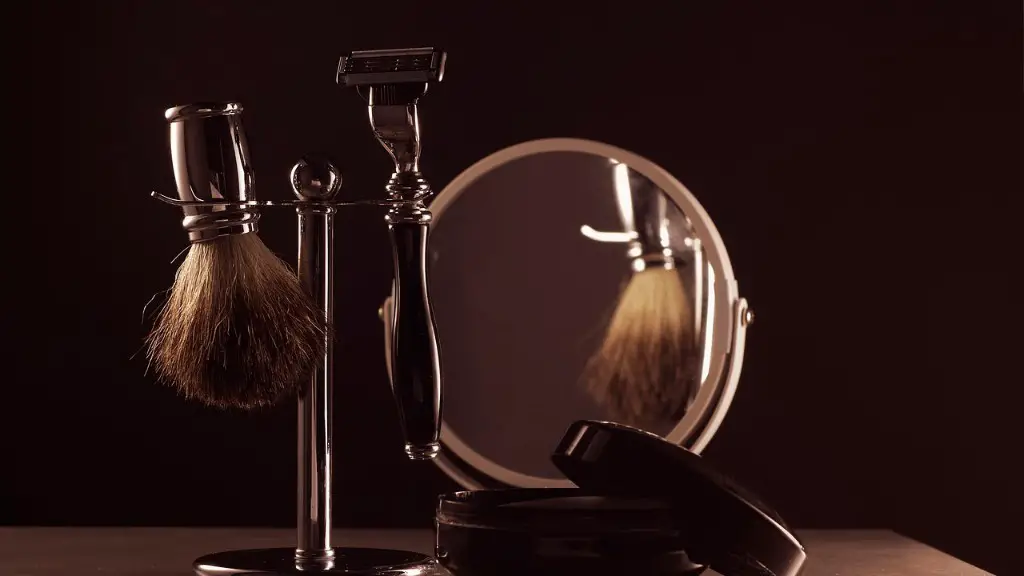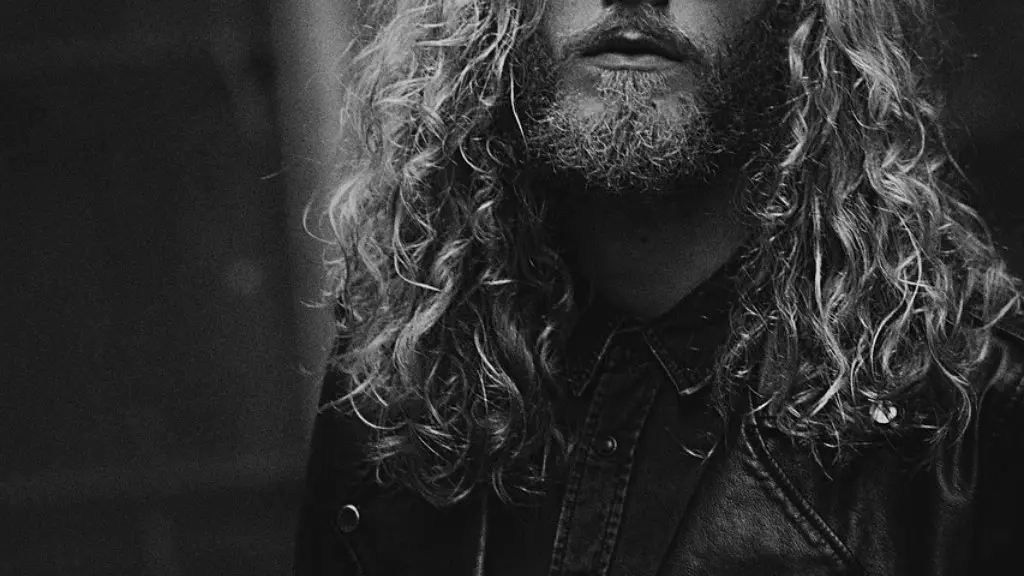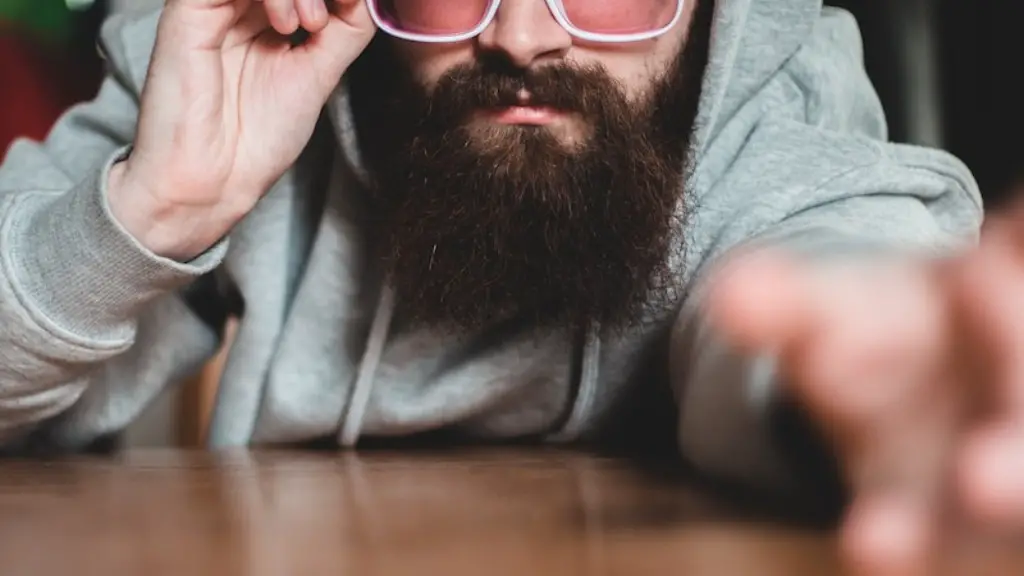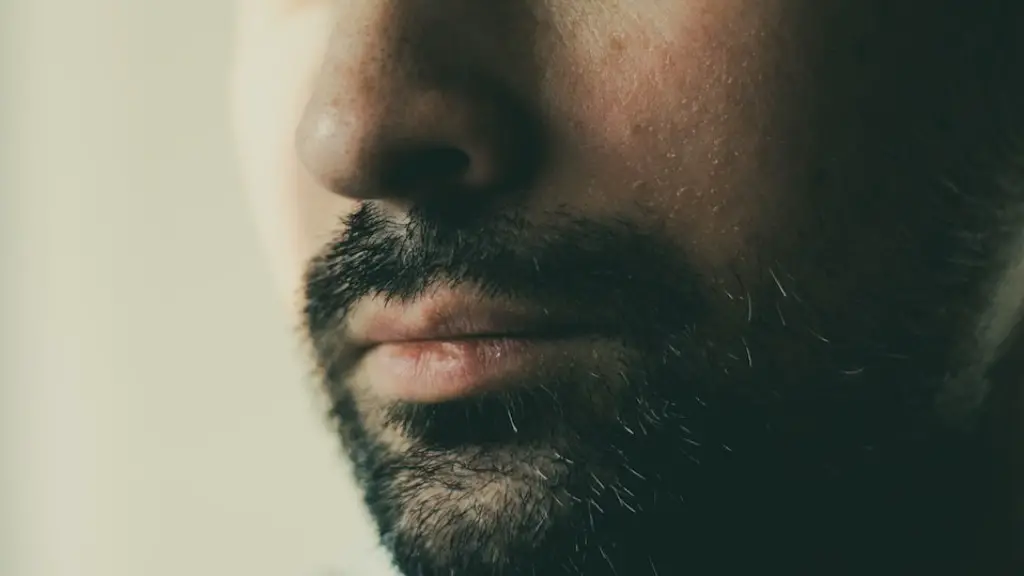Itchy Beards – What to Do?
If you’re like most guys, you’ve probably grown a beard at least once in your lifetime, and know first-hand how itchy a beard can feel. Chances are you’ve asked yourself, “How long until the beard stops itching?”
The truth is, it all depends. Everyone’s skin type is different and the level of itchiness can vary depending on the situation. In general, hair texture, growth rate, and skin type all play a role in how long a beard will take to stop itching.
Dry skin is often the leading cause of an itchy beard. Dry skin can occur when the skin doesn’t produce enough sebum – the natural oil that hydrates and lubricates the skin and hair follicles. To tackle this, the first step is to give your beard enough moisture. This can be done with a good beard oil, which will help to keep the skin from drying out.
You can also look for a beard shampoo to keep your beard clean and hydrated. Irritation and itching are common when there is too much product build up in the hair. This happens when you don’t use a dedicated beard cleanser, as most regular shampoos contain chemicals that can strip away natural oils and make the hair become dry and brittle. Some products are specifically designed for facial hair, so it’s worth looking into investing in one of those to ensure your beard is receiving the best possible care.
A thorough daily grooming routine is also beneficial for an itchy beard. Not only will it help to keep your beard looking healthy, but it will help to keep it free from dandruff and other skin issues. To make the most out of your grooming routine you should use a brush or comb to evenly distribute any products you use, as well as to shape and style your beard.
Using a beard trimmer is also a great way to keep your beard in check. The right trimming can help to remove split ends, reduce itchiness and maintain the overall look of your beard. All you need to do is set your trimmer to the desired length and trim away any excess hair.
Beard Care Tips
Beard care starts with a healthy skin and hair. Here are a few tips on keeping your beard looking and feeling healthy:
1) Clean your beard regularly with the right products.
2) Use a beard oil to add extra moisture and nutrients to your beard.
3) Use a brush or comb to help distribute natural oils, as well as detangling any knots and tangles.
4) Trim any excess, split ends or straggling hairs to help keep a neat, tidy look to your beard.
5) Eat a balanced diet and drink plenty of water to help keep skin hydrated.
6) Avoid excessive washing, as this can dry out the skin and lead to more itchiness.
When to See a Doctor?
Once you’ve followed all the guidelines, it is still normal for beards to itch. However, if the itching is intense and lasts for more than a few days, then it is important to seek medical advice. Severe itching can be an indication of an underlying skin condition, such as an infection or allergy. If this is the case, then your doctor may recommend specific treatments or medications depending on the diagnosis.
Itchy Beards and Stress
It’s not uncommon for some beards to become itchy during periods of stress or anxiety. This is because anxiety can contribute to dry skin which in turn can lead to an itchy beard. To avoid this, it’s important to manage stress levels and get plenty of rest. Additionally, using a facial scrub and moisturiser can help to keep skin hydrated, as well as help reduce flare-ups of acne and other skin issues.
Do Facial Hair Growth Supplements Help?
Some people are turning to facial hair growth supplements to help speed up beard growth and reduce beard itchiness. While some of these supplements are proven to be beneficial in helping with beard growth, they should be used with caution to avoid long-term health risks. Additionally, there is no guarantee that supplements will help reduce itchiness in beards, as their effectiveness is often case-specific.
What Causes the Itch?
Beard itch can be attributed to a combination of factors, from skin dryness to skin conditions. Despite this, the underlying cause is usually a buildup of sebum, dead skin cells and dirt that clogs up the pores in the skin. To tackle this, it’s important to ensure you’re properly cleansing your beard and regularly exfoliating to help remove any build up.
Bottom Line
The time it takes for a beard to stop itching varies depending on skin type and other factors. To reduce the amount of itchiness, it helps to use a combination of beard care products, such as beard oil, brush or comb, and regular trims. Additionally, it’s important to seek medical advice if the itching persists or gets worse.



